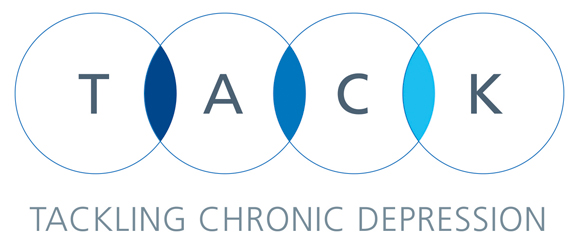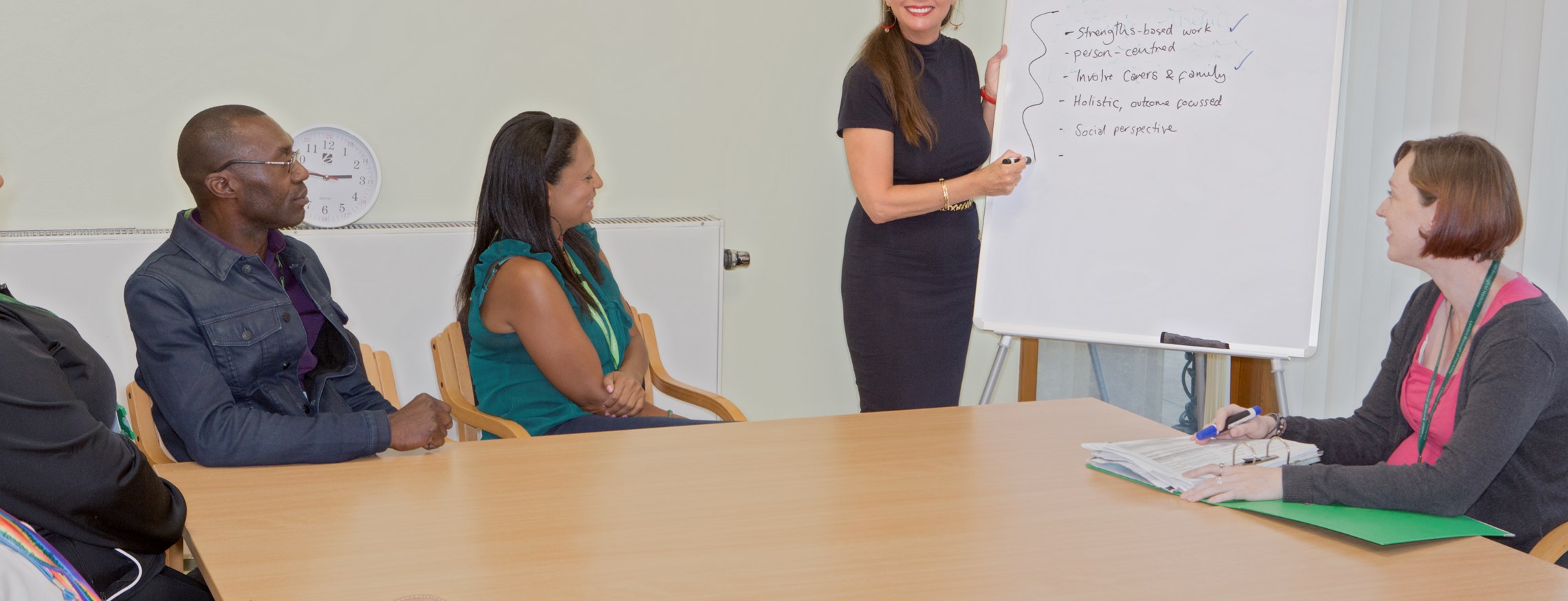Dissemination- throughout the project we will make sure our findings are presented and published. We will write articles in research journals and present at academic conferences, so the wider scientific community know what we are doing and what are finding out. We plan to work closely with NHS Trusts to ensure that findings are presented in newsletters and 'research days'. We will also present to community service user groups, and engage with the general public. At the end of the programme, there will be a targeted period of dissemination to ensure key stakeholders (e.g. mental health service commissioners, clinicians, service users, carers and academics) are aware of the results of TACK.

